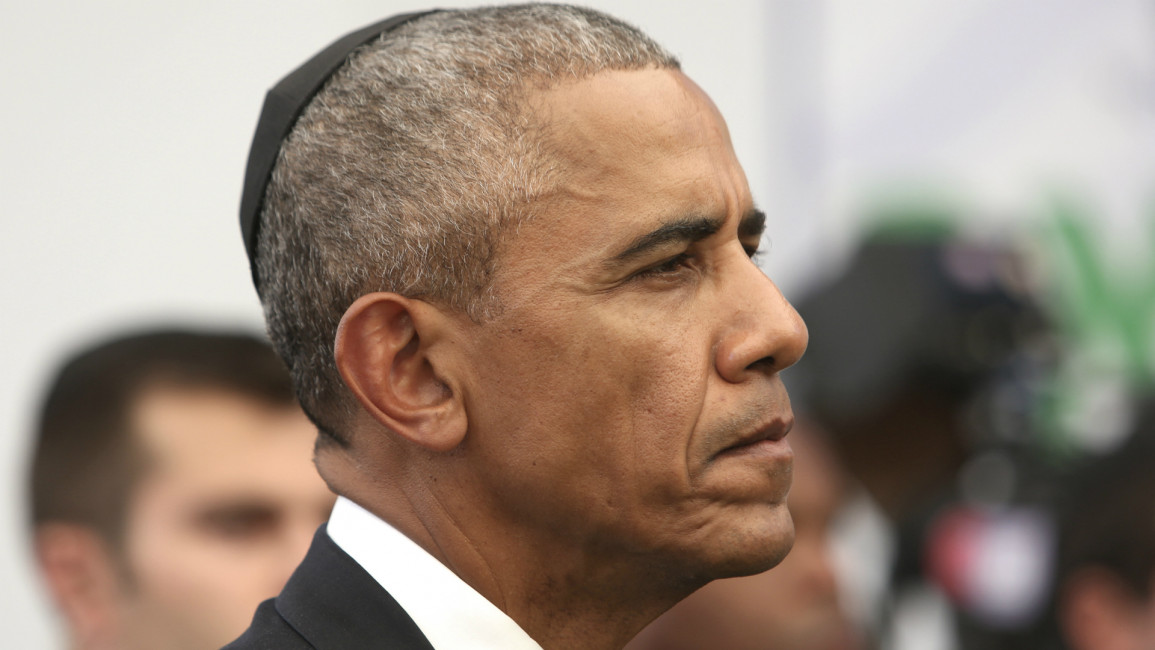Obama rejects Israeli criticism of UN settlements vote
President Barack Obama rejected Israeli allegations that he orchestrated last month's UN Security Council resolution condemning Israeli settlements, which Washington declined to veto last month.
In an interview with the "Uvda" program on Israel's Channel 2 TV, Obama said that such accusations "may work well with respect to deflecting attention from the problem of settlements, they may play well with Bibi's political base as well as the Republican base here in the United States, but they don't match up with the facts."
"Bibi" is a widely-used nickname for Israeli Prime Minister Benyamin Netanyahu, with whom Obama has had frosty relations throughout his presidency.
On 23 December, the Security Council for the first time since 1979 condemned Israeli settlement of occupied Palestinian territory when the United States did not use its veto and abstained in the vote.
Netanyahu rejected the resolution at the time as a "shameful blow against Israel" before lashing out and recalling ambassadors from several nations.
Netanyahu has accused US President Barack Obama's administration of being behind the resolution, which it denies, and vowed to defy it.
Netanyahu said it "reflects a radical shift in US policy towards the Palestinians on final status issues, those issues that we always agreed, the US and Israel, have to be negotiated directly face to face without preconditions".
US and others say continued settlement building is steadily eating away at the possibility of a two-state solution to the Israeli-Palestinian conflict.
Settlements are built on land Palestinians view as part of their future state, and are considered illegal under international law.
Agencies contributed to this report.



